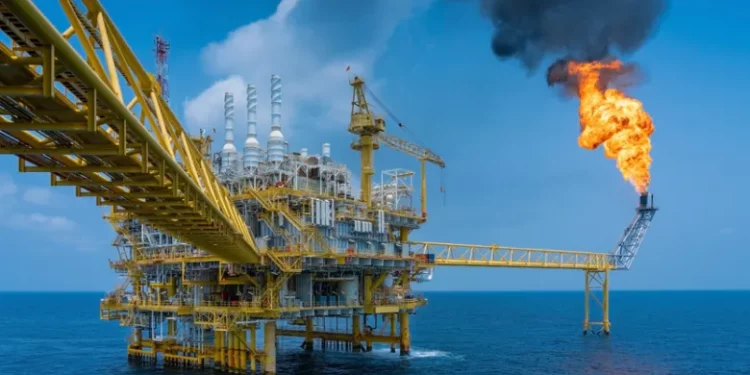Limited Investments, Global Shift to Green Energy, Others Slow Recovery of Ghana’s Oil Sector – CBOD Report Reveals
Ghana’s upstream petroleum sector experienced a slower-than-expected recovery in 2023 following the adverse effects of the COVID-19 pandemic, according to the Ghana Chamber of Bulk Oil Distributors’ (CBOD) 2023 Industry Report.
The report attributed the sluggish recovery to several factors, including the global shift from fossil fuels to green energy investments and programs, coupled with the relatively small sizes of Ghana’s oil blocks and poor quality of exploration data.
A major impediment to growth in the sector, as outlined in the report, is Ghana’s inability to attract new investments due to a lack of regulatory predictability. This is reflected in inconsistent interpretation and application of rules, alongside the imposition of new fiscal measures, which have deterred potential investors.
The CBOD report noted that these challenges undermine investor confidence and hinder the exploration and development of oil resources, further slowing the sector’s recovery.
Ghana’s upstream crude oil production paints a concerning picture. After reaching a peak of 71,439,585 barrels in 2019, Ghana’s crude oil production has entered a downward spiral, with figures declining consistently in subsequent years.
Production fell to approximately 66.9 million barrels in 2020, with further decreases to 55 million, 51.8 million, and 48.2 million barrels in 2021, 2022, and 2023, respectively. The 2023 figure marks the fourth consecutive year of decline since the country’s oil production began in 2010.
Regarding the continuous decline in the country’s crude oil production, the Public Interest and Accountability Committee (PIAC) has outlined ten recommendations to help reverse the nation’s declining crude oil production, warning that the ongoing decline in output could spell trouble for petroleum revenues, investment and complicate resource management.
The 10 Recommendations by PIAC include:
- That there is an urgent need to improve the legal, regulatory, and fiscal framework to enhance the Country’s Investment Climate and thereby attract the needed investments in the industry.
- That there must be the development of a transparent and predictable framework for licensing and regulatory compliance to build investor confidence.
- That the Government should promote and engage in Public-Private Partnerships (PPPs) to facilitate upstream and downstream infrastructure expansion to enhance gas supply.
- That the State must further focus on the development of gas reserves by revisiting and implementing the Gas Master Plan to capitalize on underutilized gas reserves for national energy security and revenue generation.
- That there is a need to strengthen collaboration between Industry and Academia to foster research and innovation in oil and gas production and to create a centralized database accessible to Academia to enhance data-driven decision–making.
- That there is a need to address technical and operational challenges by adopting and implementing advanced oil recovery techniques and investing in technology for improved field operations and enhanced hydrocarbon extraction from mature fields.
- That there is a need to encourage sustainable practices by developing a comprehensive strategy for integrating renewable energy sources with traditional oil and gas production to ensure a win-win situation.
- That there must be improved stakeholder engagement through regular fora for dialogue among industry stakeholders, Government, and civil society groups to address concerns and share insights for the growth and sustainability of the upstream oil and gas industry.
- That there is a need to pay more attention to technical considerations in decision-making in the industry and promote a culture of transparency and accountability.
- That there is a need to strengthen and streamline the corporate governance structure of the National Oil Company (GNPC) to enable it to focus on its core mandate.








